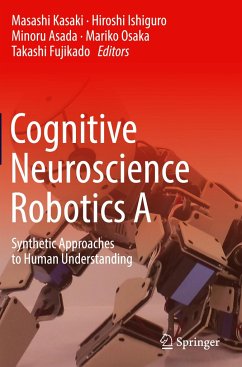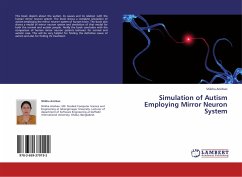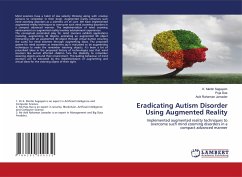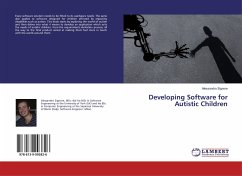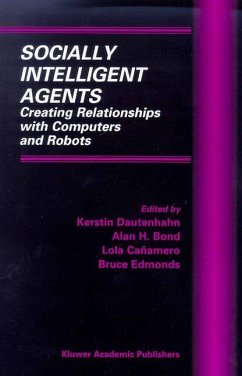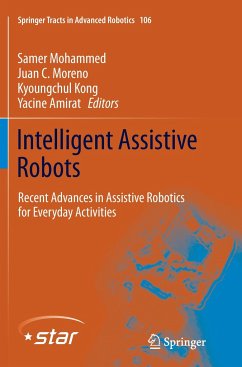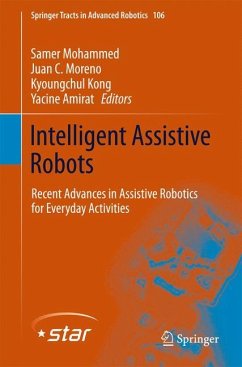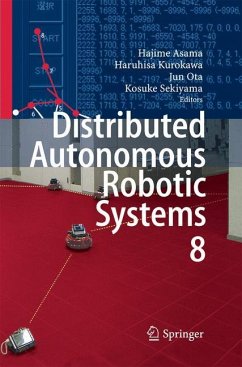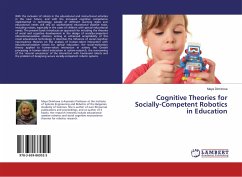
Cognitive Theories for Socially-Competent Robotics in Education
Versandkostenfrei!
Versandfertig in 6-10 Tagen
16,99 €
inkl. MwSt.

PAYBACK Punkte
8 °P sammeln!
With the inclusion of robots in the educational and instructional activities in the near future, and with the increased cognitive competence implemented in technology, people of different learning styles and educational needs will rely on sophisticated educational assistive tools, including robots, especially in the cases of children with special educational needs. The present book introduces an approach for including the theories of social and cognitive development in the design of socially-competent educational-assistive robotics, aiming at enhanced acceptability of this novel educational te...
With the inclusion of robots in the educational and instructional activities in the near future, and with the increased cognitive competence implemented in technology, people of different learning styles and educational needs will rely on sophisticated educational assistive tools, including robots, especially in the cases of children with special educational needs. The present book introduces an approach for including the theories of social and cognitive development in the design of socially-competent educational-assistive robotics, aiming at enhanced acceptability of this novel educational technology. It describes the influence of social cognitive neuroscience theories on the analysis of human-robot interaction with educational-assistive robots for special education, the social-motivation theory applied to human-robot interaction in autism, the Gestalt processing in human-robot interaction in autism research, the overcoming of the 'visceral uneasiness' of the interaction with humanoid robots and the problem of designing secure socially-competent robotic systems.



